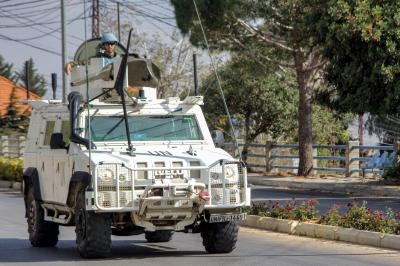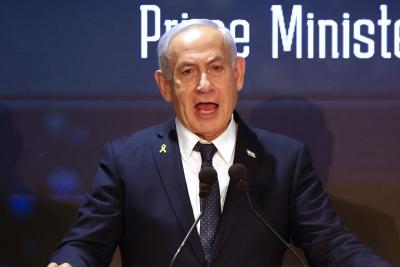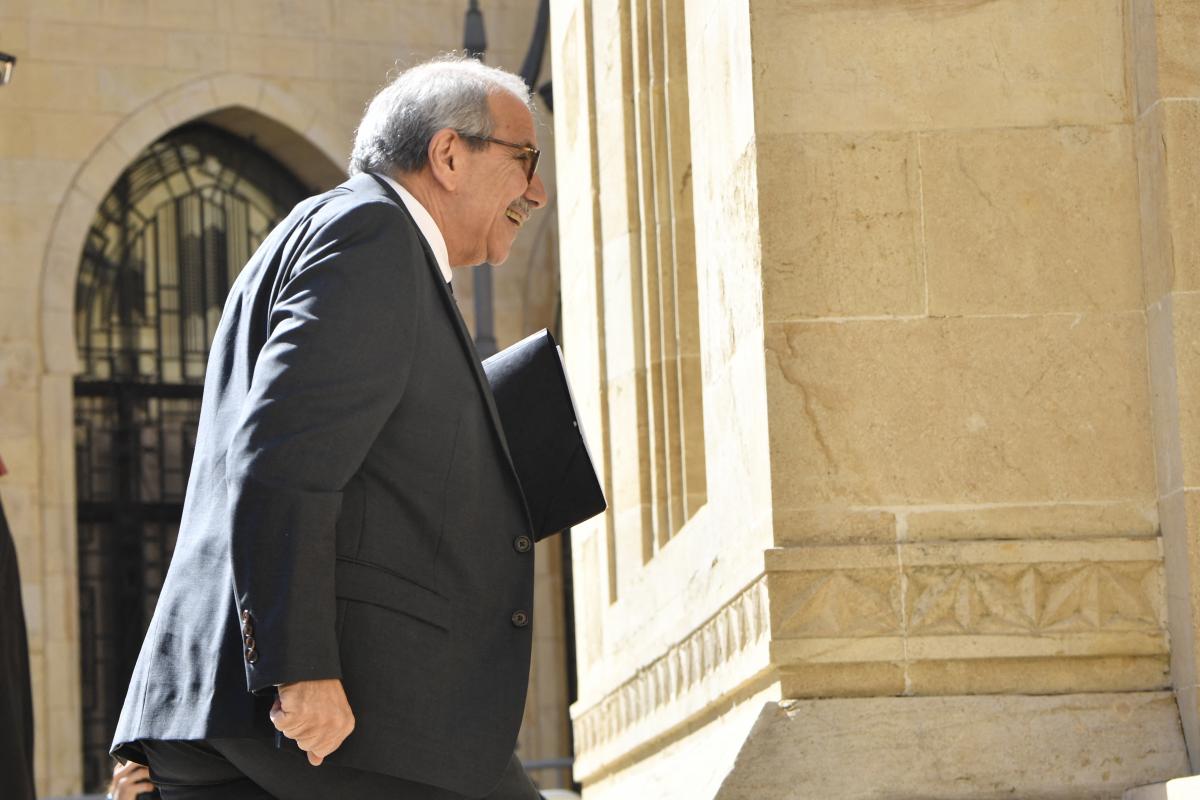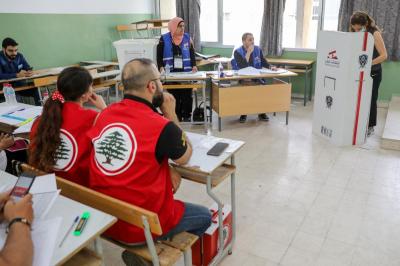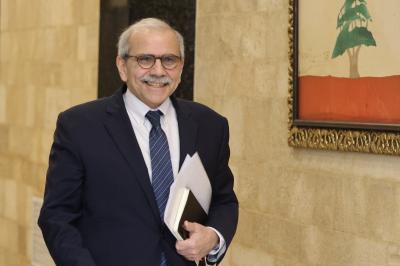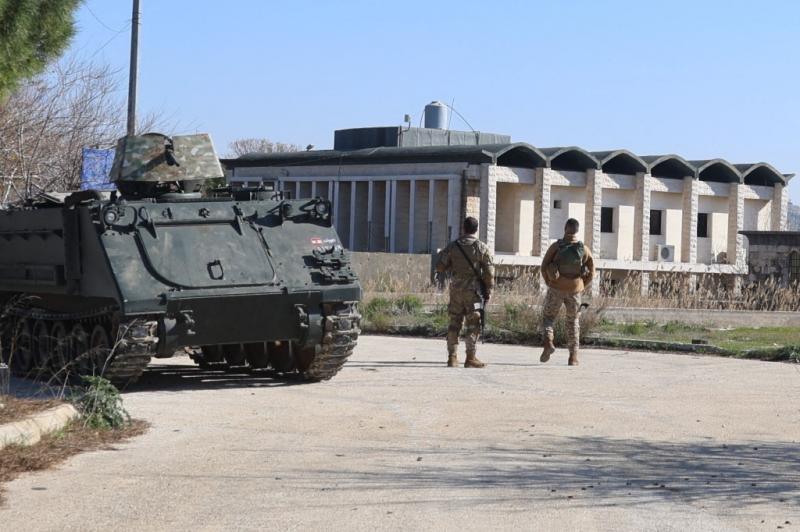"Mr. Prime Minister, we granted you our trust when we nominated you; without it, you would not be in office today. Now, we are withdrawing that trust because you do not deserve it. If you wish to regain it, we are ready to restore it through your actions."
With these words, Gebran Bassil, head of the Free Patriotic Movement (FPM) and MP, concluded his speech during the vote of confidence sessions for Prime Minister Nawaf Salam’s government, positioning himself as a force of "constructive opposition."
Bassil’s stance was expected, given that his party was excluded from the government. However, PM Salam failed to uphold the promises he made to Bassil on the eve of his nomination during the binding parliamentary consultations, and he did not adhere to one set of criteria in forming the cabinet, which Bassil cited as a major flaw.
However, what caught many by surprise was Salam’s reaction to Bassil’s offer: "If you wish to regain our trust, we are ready to restore it through your actions." The prime minister, visibly displeased, gestured dismissively with his hand, signaling his disinterest. His body language suggested discomfort throughout Bassil’s speech, as he sat tensely in his seat.
Seizing on Salam’s rejection, Bassil responded: "Perhaps you are not interested because you have some backing... and you don’t care. You miscalculated—not in numbers, but in justice."
The overwhelming confidence Salam derives from Arab and international support has seemingly led him to disregard the role of the opposition in a democratic system—even if it is the sole opposition force to his government, which is unlikely to last beyond a year and four months. In a previous column, I highlighted the seven forms of political excess that must be abandoned for Lebanon to function properly—this overconfidence in particular being one of them, a trait seen in both the current presidency and its first government.
A Pattern of Exclusion
Excluding the FPM from the government is not a new phenomenon. Since the Syrian army’s withdrawal from Lebanon on April 26, 2005, the party—persecuted since October 13, 1990, under Syrian tutelage—has repeatedly found itself sidelined. Even after its triumphant return with General Michel Aoun from French exile, when it secured 21 parliamentary seats in the May 2005 elections in a sweeping “tsunami” victory, then-Prime Minister Fouad Siniora disregarded the FPM’s political weight and formed a government without it.
It appears that Salam is following Siniora’s playbook. Some political insiders have even hinted at Siniora’s indirect return to power, either through intermediaries or by regaining influence. With no clear Sunni leadership currently dominating the Lebanese political scene, Salam has yet to establish himself as a true leader of his [Sunni] community, nor have other ministers or MPs filled this vacuum. Meanwhile, former Prime Minister Saad Hariri remains a significant political figure, despite his uncertain political future.
Contradictions in the Presidential Approach
The exclusion of the FPM from the government contradicts the remarks attributed to President Joseph Aoun during his meeting with the FPM parliamentary bloc as part of the mandatory parliamentary consultations. In response to Bassil’s initiative toward him, Aoun reportedly stated, “The page of the past has been turned, and Your Excellency is now the President,” implying that he does not dwell on the past and harbors no grudges, as he considers himself a president for all.
This exclusion clashes with the urgent need for national unity, as well. At a time when Lebanon faces external threats—despite international and regional support—a true national unity government is needed. Bassil, in his speech, outlined these dangers, including the Syrian refugee crisis, the risk of Palestinian naturalization, and Israel’s ongoing occupation of seven points in South Lebanon—two more than the widely reported five—despite ceasefire agreements.
The Regional Context and the Risk of Arrogance
The United States is already laying the groundwork for its future Middle East strategy, which could include Lebanon signing a peace agreement with Israel alongside other Arab states. Meanwhile, Israel, emboldened by its military supremacy, has openly stated that its occupation of the seven disputed border areas will continue indefinitely.
A senior political figure, in a recent discussion with Al Safa News, warned that Israel is likely to annex these territories under a new border demarcation. "Who will stop them?" he asked.
While Bassil has so far maintained a "constructive, purposeful, and intelligent" opposition, not petty, haphazard, chaotic, or populist, as others have treated us", the senior political figure cautioned that if the government persists in its policy of exclusion and marginalization, this opposition could become fierce. According to the same senior source, what has been seen so far is merely the tip of the iceberg.
As Lebanon navigates these external and internal challenges, the same source warns that arrogance among the ruling elite could have catastrophic consequences. He cites an old proverb as a stark reminder: "Arrogance may lead to the grave."
 French
French

